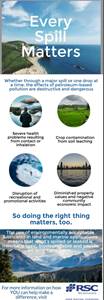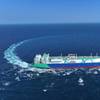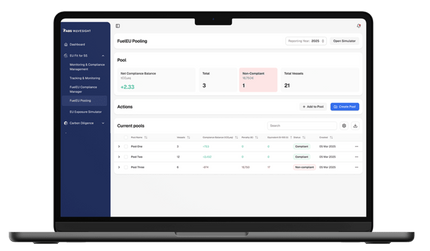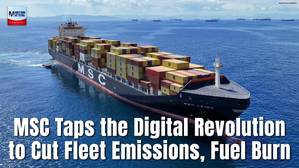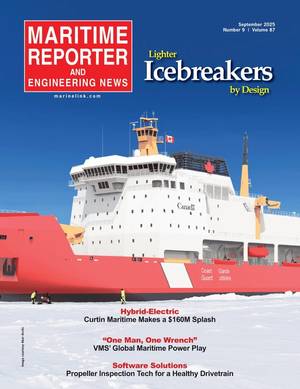There is growing concern regarding the environmental impact and associated costs of petroleum based fluid discharges. Petroleum is persistent and toxic. It damages living organisms including plants, animals and marine life for many years. While many believe that the bulk of this environmental damage is done by major spills, such as the Exxon Valdez or the Deepwater Horizon events, in reality, every spill matters. In fact, small leaks account for an overwhelming percentage of oil-related pollution.
• Industry spills alone contribute more than 9 million gallons of oil to U.S. land and groundwater resources each year.
• A single hydraulic leak of one drop per second is equal to 420 gallons of oil per 12-month period.
• Only 8% of oil that enters North American oceans each year due to human activities comes from tanker or pipeline spills.
Spills can’t be washed away.
• While the EPA requires spills over a certain amount to be reported, the unfortunate truth is that, unless there is a highly visible spill in the middle of a neighborhood, most land-based spills are either covered over with dirt or washed into sewers.
• Spilled oil on land prevents water absorption by the soil, which can choke off plant life.
• In urban environments, removing or treating soil contaminated by petroleum is especially urgent because hydrocarbons can leach into underlying ground water and move into human residential areas.
Small leaks add up to big damage.
• It has been estimated that in North America over 100 million gallons of fluids leak each year due to failures in hydraulic machinery and other lubricated equipment.
Marine Pollution is a big deal and land-based spills and runoff are responsible for the bulk of it.
• Under its Vessel General Permit (VGP) and proposed Small Vessel General Permit (sVGP), the United States EPA has implemented stiff fines for marine spills, leaks and unplanned discharges from vessels and mandated the use of environmentally acceptable lubricants to minimize the impact of these spills and leaks.
•
Seventy percent of the oil released by human activity into oceans worldwide is a result of small spills during petroleum consumption. These minor unreported spills include routine discharges of fuel from commercial vessels or leakage from recreational boats. In North America, the majority of these originate on land as oil collects in hazardous concentrations in the stream of wastewater coming out of cities and other populated areas.
Find out more here.
